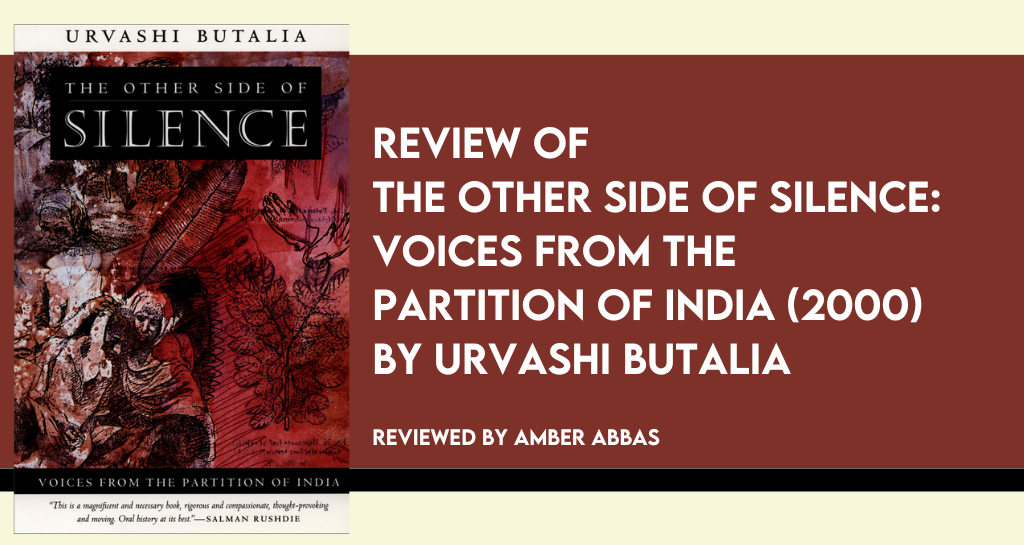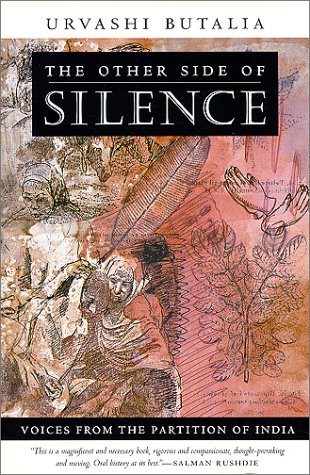by Amber Abbas
In 2009, I spent five months living at the Aligarh Muslim University in the town of Aligarh, Uttar Pradesh, India.I was there to research the role and experience of Aligarh students in the movement for Pakistan during the 1940s. As part of this research, I actively sought out university employees and former students of the university from that period. I was referred to S.M. Mehdi through a chance encounter with a university official and arrived at his home without an appointment. Though he was never an Aligarh student — in fact, said he had an “allergy” to Aligarh as a young man — he moved to the town after his daughter completed her medical degree and settled there. S.M. Mehdi was surprised to see me, but agreed to answer my questions, though he cautioned that he could not be considered an expert on Aligarh. After finishing high school in Bhopal, Mehdi went on to Kanpur for his B.A. and then to Lucknow for his M.A. Degree. During his time living in both places, he was involved with the Students’ Union and began to turn towards Socialism, under the influence of his teacher Christopher Ackroyd, and then to Communism. During 1946 and 1947, he was in Bombay putting out an Urdu paper for the Communist party — a post to which he had been recruited by Sajjad Zaheer. He worked for thirty years in the Soviet Embassy in New Delhi and has been a Communist ever since.
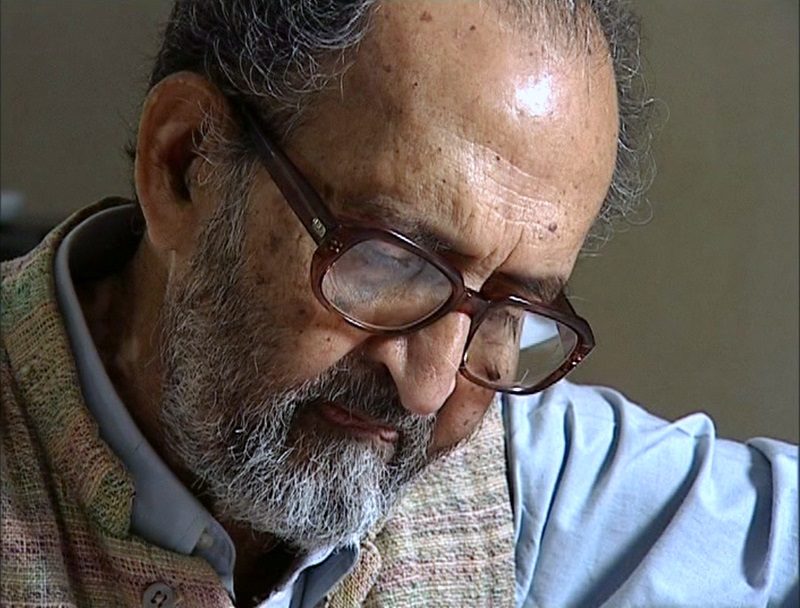 The Communist activist and writer S.M. Mehdi
The Communist activist and writer S.M. Mehdi
During the early years after partition, Mehdi was living in Bombay, where he made friends with many well-known Leftists and writers, including Sardar Jafri — an Aligarian — who he mentions here. Throughout 1947 and 1948 these young activists and thinkers printed and distributed the Communist Urdu paper especially in the Muslim areas. Mehdi tells me that Bombay was not affected by partition’s violence in the same way as places in Punjab; violence was sporadic and casualties were few. He himself felt little fear, but had a friend who was so terrified that he could hardly travel safely in the city without “betraying” that they were Muslims.
He tells a long story about his experiences on the day Gandhi was killed. He is one of the few people whom I interviewed who does not suggest that he or she heard “immediately” that the assassin had been a Hindu rather than a Muslim. He describes the anxiety that dogged his colleagues and him all day as they wondered whether the assassin was a Muslim, and recalls how he felt fear, to which he had previously believed himself to be immune. His story is both terrifying and funny, and thoroughly dramatic. The disjunctures that that day created are still fresh in his mind — the stillness of life outside the Victoria Terminus station, the silence on the roads. “There was no person!” he exclaims. That is, until a car pulled up besides his Hindu companion, Munish, and him. The driver of the vehicle was a Sikh off to “Pakistan,” the colloquial name for Muslim areas that, despite partition’s migrations, is still used in Indian cities today. The Sikh jovially invites these two young men along “to kill.” Betraying that Mehdi could become his first victim.
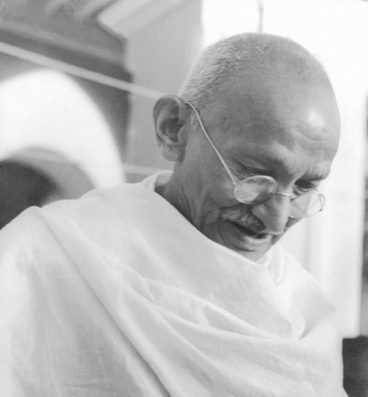 The young men free themselves from their “generous” driver and head back to the home of newlywed Sardar Jafri, who didn’t know a thing about the day’s events. Not until Mehdi hears the 9 o’clock new bulletin can he finally breathe easily that the assassin was not a Muslim, and therefore, there would be no violence, only mourning. Though he was sympathetic to Gandhi, and describes his own opposition to “communal” thinking, Mehdi depicts how the events of that day temporarily changed his outlook. He was “relieved” to learn that the assassin was not a Muslim, relieved that he belonged to a different community, he, who did not believe in that “nonsense.” The uncertainty and fear that followed him all day completely subsumed his ability to grieve for the fallen leader. Because of the tensions that the assassination threatened to unleash, almost none of the Muslims I spoke to described an immediate sense of grief at the loss. Though they realized the significance of his absence, and even now credit him with bringing peace to the subcontinent after the violent upheavals of partition, on January 30, 1948, all were too concerned for their own safety to indulge in mourning.
The young men free themselves from their “generous” driver and head back to the home of newlywed Sardar Jafri, who didn’t know a thing about the day’s events. Not until Mehdi hears the 9 o’clock new bulletin can he finally breathe easily that the assassin was not a Muslim, and therefore, there would be no violence, only mourning. Though he was sympathetic to Gandhi, and describes his own opposition to “communal” thinking, Mehdi depicts how the events of that day temporarily changed his outlook. He was “relieved” to learn that the assassin was not a Muslim, relieved that he belonged to a different community, he, who did not believe in that “nonsense.” The uncertainty and fear that followed him all day completely subsumed his ability to grieve for the fallen leader. Because of the tensions that the assassination threatened to unleash, almost none of the Muslims I spoke to described an immediate sense of grief at the loss. Though they realized the significance of his absence, and even now credit him with bringing peace to the subcontinent after the violent upheavals of partition, on January 30, 1948, all were too concerned for their own safety to indulge in mourning.
LISTEN TO THE ORAL HISTORY INTERVIEW HERE
READ THE ORAL HISTORY INTERVIEW TRANSCRIPT HERE
Photo credits:
Genesis Media Pvt., Ltd., Untitled Portrait of S.M. Mehdi
“Mammojan Ki Diary,” a series that chronicles S.M. Mehdi’s life and experience with many famous Indian Progressive Writers of the 1950s and 1960s.
Unititled Portrait of Mahatma Gandhi, Bombay, 1944
www.mkgandhi.org via Wikimedia Commons
You may also like:
Voices of India’s Partition – Part 1
Sundar Vadlamudi’s review of Great Soul: Mahatma Gandhi and his Struggle with India
Amber Abbas’s reviews of Krishna Kumar’s Prejudice and Pride: School Histories of the Freedom Struggle in India and Pakistan and Urvashi Butalia’s The Other Side of Silence: Voices from the Partition of India
UT professor of history Gail Minault’s review of The Great Partition: The Making of India and Pakistan and Salman Rushdie’s Midnight’s Children
Amber Abbas will be presenting at the Institute for Historical Studies on Monday, November 28, at 12:00 PM in Garrison 4.100. To attend and receive a copy of her pre-circulated paper, email Courtney Meador at cmeador@austin.utexas.edu. Click here for more information about the event.
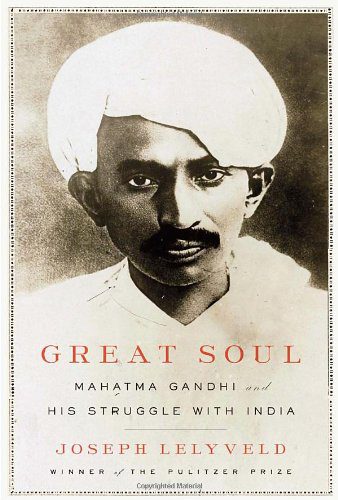 Perhaps aware of this difficulty, Joseph Lelyveld sets himself a modest goal to “amplify rather than replace the standard narrative” of Gandhi’s life. The
Perhaps aware of this difficulty, Joseph Lelyveld sets himself a modest goal to “amplify rather than replace the standard narrative” of Gandhi’s life. The 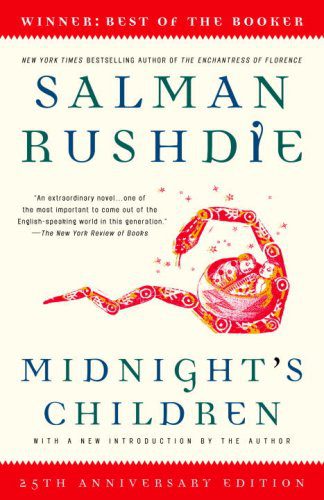 Two children enter the world simultaneously, one Muslim, one Hindu, and their destinies will be determined by the timing of their birth. Through their eyes, and especially through the eyes of Saleem Sinai, the reader travels around the subcontinent, meeting the other children of partition and viewing every major national event until Saleem Sinai quite literally disintegrates. Saleem is the reader’s guide through the world of independent India and Pakistan; its problems become his problems in fantastic and unpredictable ways. Through this journey, Saleem must face his past and his future, and it is not always clear how they will come together.
Two children enter the world simultaneously, one Muslim, one Hindu, and their destinies will be determined by the timing of their birth. Through their eyes, and especially through the eyes of Saleem Sinai, the reader travels around the subcontinent, meeting the other children of partition and viewing every major national event until Saleem Sinai quite literally disintegrates. Saleem is the reader’s guide through the world of independent India and Pakistan; its problems become his problems in fantastic and unpredictable ways. Through this journey, Saleem must face his past and his future, and it is not always clear how they will come together.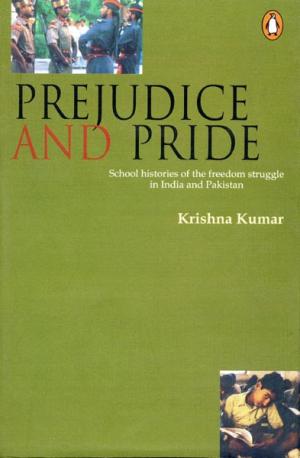 History teaching in these textbooks seeks to settle political and ideological points and guide children’s responses to present day situations.
History teaching in these textbooks seeks to settle political and ideological points and guide children’s responses to present day situations.
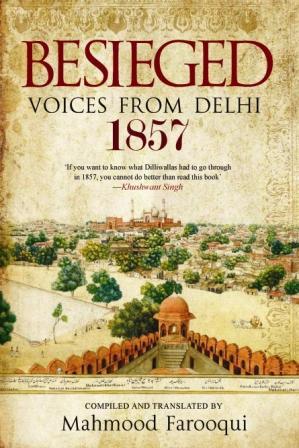 In Besieged: Voices from Delhi 1857, Mahmood Farooqui draws on more than ten thousand Urdu and Persian documents processed by the rebel administration and later used by the British as evidence in Bahadur Shah Zafar’s trial. As Farooqui notes in the introduction, despite the widespread availability of histories, memoires, and essays on the 1857 uprising, we know much about the British experience and remarkably little about what went on within the walls of the seized city. The documents in this collection show how the rebel government administered the city and how the uprising affected ordinary people.
In Besieged: Voices from Delhi 1857, Mahmood Farooqui draws on more than ten thousand Urdu and Persian documents processed by the rebel administration and later used by the British as evidence in Bahadur Shah Zafar’s trial. As Farooqui notes in the introduction, despite the widespread availability of histories, memoires, and essays on the 1857 uprising, we know much about the British experience and remarkably little about what went on within the walls of the seized city. The documents in this collection show how the rebel government administered the city and how the uprising affected ordinary people.
